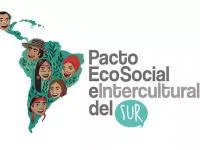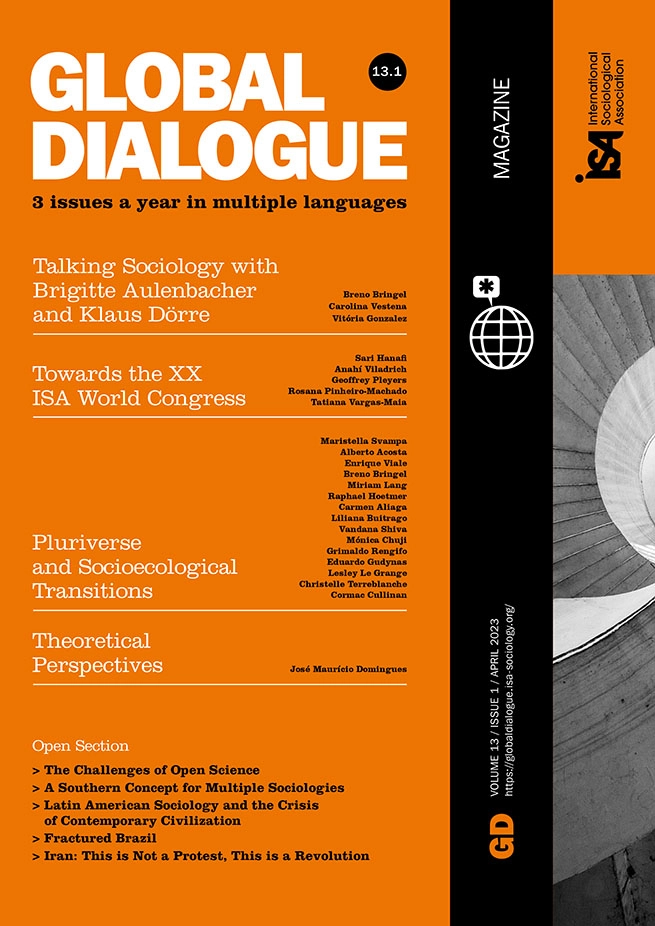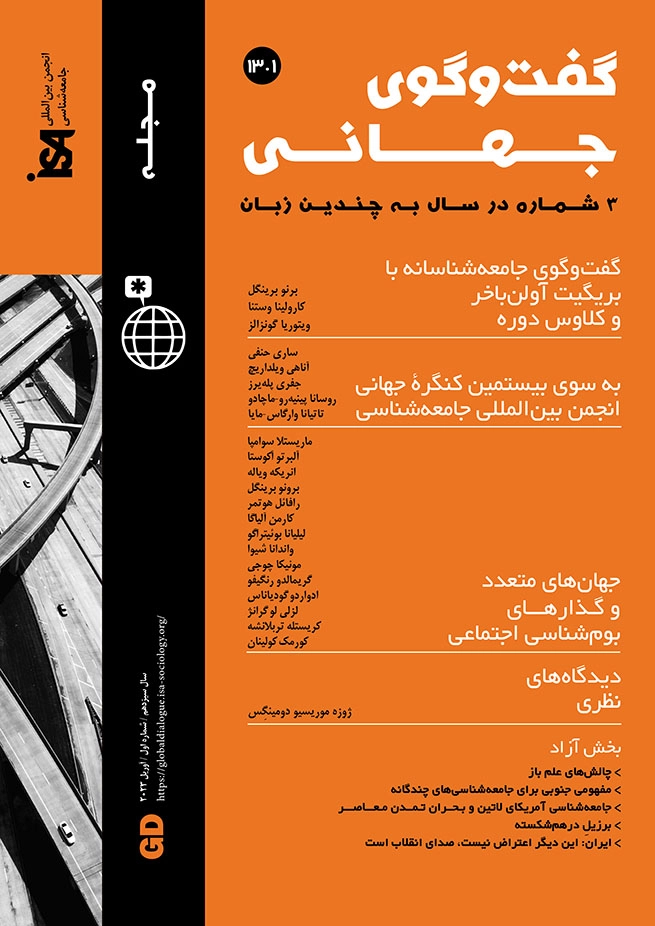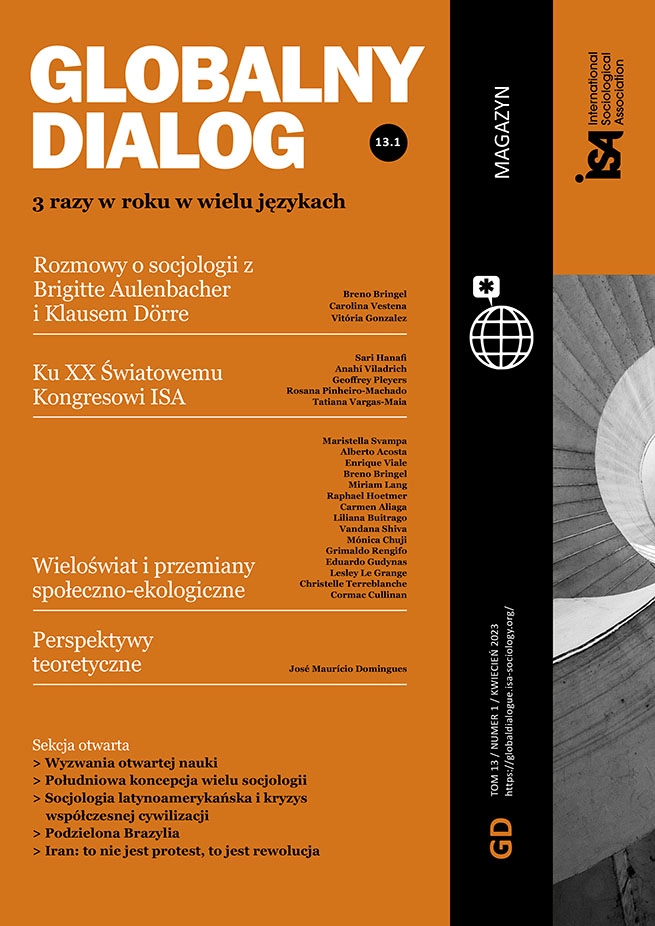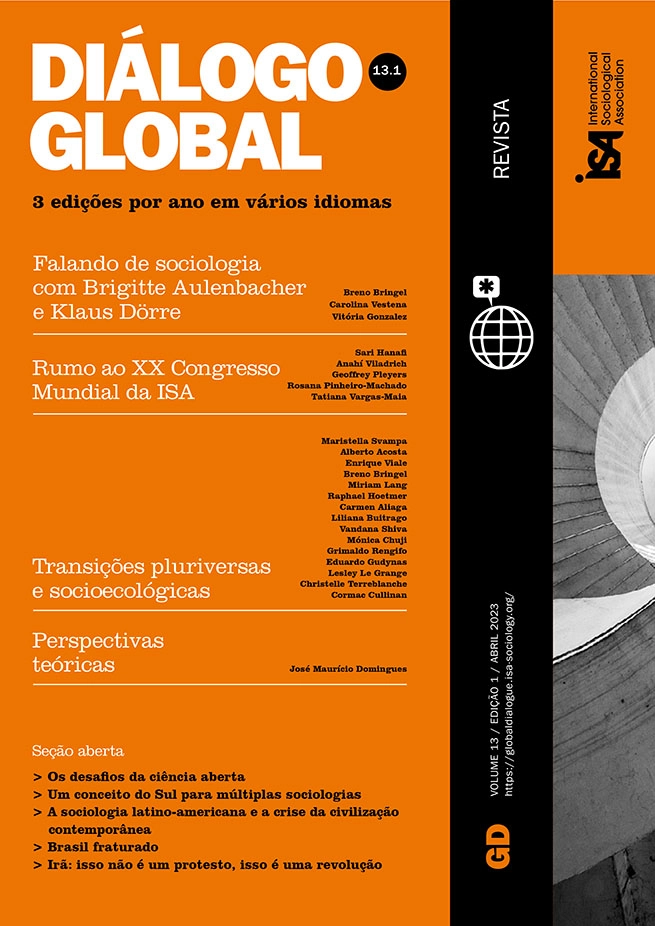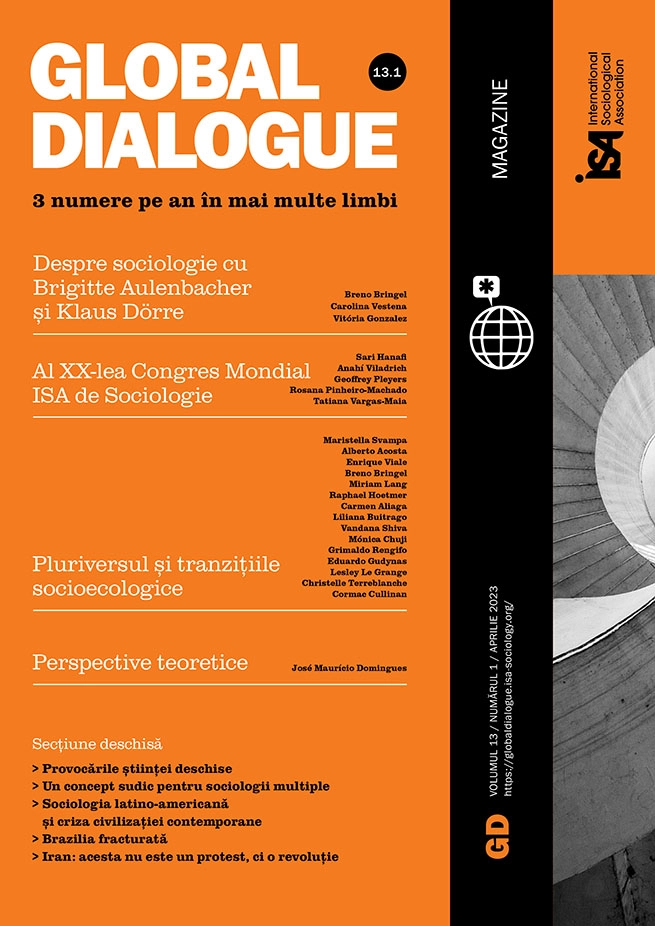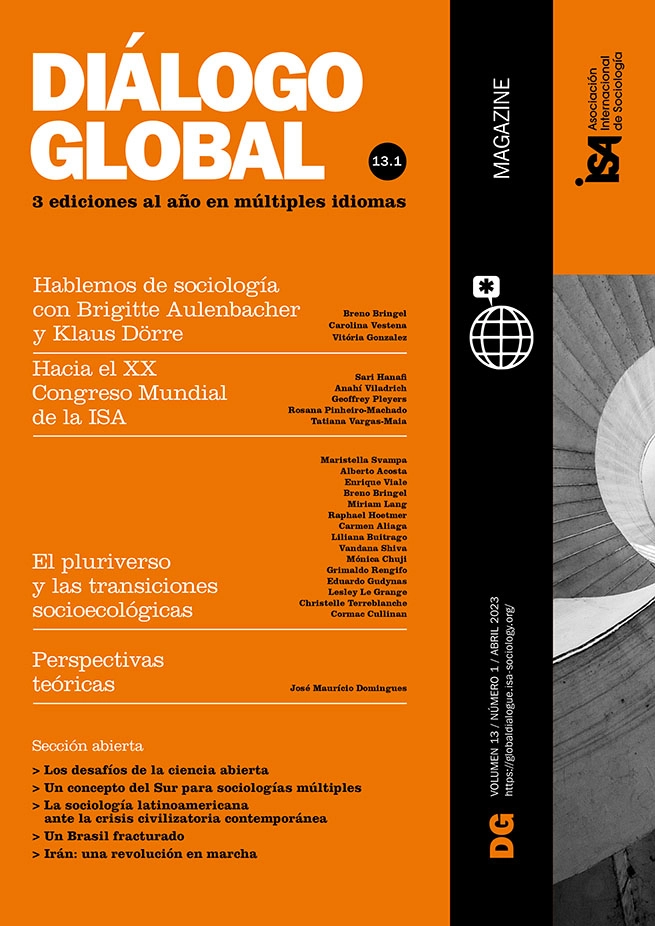Most contemporary civilizations are organized to maximize gross domestic product (GDP) in ways that degrade the environment and contribute to climate change. Such civilizations are likely to collapse during the twenty-first century unless they can be reoriented to promote human well-being by enhancing the integrity and vitality of the ecological communities within which they are embedded. Advocates of nature rights, also known as the rights of Mother Earth, argue that in order to achieve this transition, legal systems must recognize that all aspects of nature are legal subjects that have inherent rights, and must uphold those rights. The legal recognition of nature rights both contextualizes human rights as a species-specific expression of nature rights, since people are part of nature, and creates duties for human beings and juridical persons to respect nature rights.
Legal recognition of nature rights is an aspect of a wider discourse about Earth jurisprudence and other ecological approaches to governing human societies. Earth jurisprudence is a philosophy of law and governance which aims to guide people to coexist harmoniously within the Earth community instead of legitimizing and facilitating its exploitation and degradation. Nature rights, like human rights, are conceived of as inherent and inalienable, and arise from the mere existence of the rights holder. This means that every being or aspect of nature, including people, must, at the very minimum, have the right to exist, the right to occupy a physical place, and the right to interact with other beings in a manner that allows it to fulfil its unique role in ecological and evolutionary processes.
Nature rights made explicit in law
The most significant contemporary expression of nature rights is the Constitution of Ecuador, which was adopted in September 2008. Later, the Universal Declaration of the Rights of Mother Earth (UDRME) was proclaimed by a Peoples’ World Conference on Climate Change and the Rights of Mother Earth in Cochabamba, Bolivia, on 22 April 22, 2010. The Constitution of Ecuador states: “Nature or Pachamama, where life is reproduced and exists, has the right to exist, persist, and maintain and regenerate its vital cycles, structure, functions, and evolutionary processes” (article 71). The Constitution makes it clear that recognition of the rights of nature is intended to create a framework within which citizens may enjoy their rights and exercise their responsibilities to achieve well-being through harmonious cohabitation within nature. Furthermore, it would be a framework that requires both the state and private persons to respect and uphold the rights of nature and mandates the state to guarantee a development model that is consistent with doing so. New Zealand legislation recognizes the Whanganui River and the Te Urewera area as legal entities with rights. Courts in India have recognized the Ganga and Yamuna rivers, the Gangotri and Yamunotri glaciers from which those rivers flow, and related forests and watercourses as legal entities with rights. The Constitutional Court of Colombia has recognized the Atrato river basin as a legal entity with the right to “protection, conservation, maintenance and restoration.”
The consumerist worldview
Modernity, capitalism, and consumerism arise from the deeply anthropocentric view that human beings are separate from nature and can transcend its laws. This human exceptionalism sees Earth as a collection of resources which exist for the purpose of human gratification. Since resources are understood to be scarce, outcompeting others in order to secure a greater share is understood to be of paramount importance. This worldview is the basis of most legal systems today. The law defines nature (other than human beings) as “property” and grants the owner extensive decision-making powers in relation to these “assets” and the power to monopolize the benefits from them. This provides the basis for economic and political systems that concentrate wealth and power and legitimize decisions that prioritize the short-term economic interests of a tiny minority of humans over the collective interests of the Earth community and life itself.
The eco-centric worldview
The recognition that nature has rights, on the other hand, is based on an eco-centric worldview that sees humans as a particular life form or aspect of Earth which plays a unique, but not preeminent, role within the Earth community. For example, the Preamble and first article of the UDRME refer to Earth as a self-regulating, living community of interrelated beings that sustains all beings and consequently prioritizes maintaining the integrity and health of the whole Earth community. Nature rights advocates point to the findings of branches of science such as quantum physics, biology, and ecology in order to provide evidence that every aspect of the cosmos is interconnected and to refute the widely held beliefs that human beings are separate from, and superior to, nature. This approach also draws on ancient wisdom and traditions, and the cosmologies of indigenous people, which view Earth as a sacred community of life and require humans to maintain respectful relationships with other beings.
Earth jurisprudence and nature rights pose a fundamental challenge to every aspect of the mainstream “development” discourse, and to capitalism and patriarchy. They posit a different understanding of the role of humanity, the fundamental purpose of human societies, and how to promote human well-being. For example, from an eco-centric perspective, development is understood as the process whereby an individual develops greater depth, complexity, empathy, and wisdom through interrelationship or “inter-being” with the community of life. This is the antithesis of the contemporary meaning of development, which involves exploiting and degrading complex natural systems to increase GDP.
A new movement and a novel manifesto
Since 2008, nature rights and Earth jurisprudence have become an increasingly prominent aspect of the discourse of social movements, environmental and social justice activists, and indigenous peoples throughout the world. These concepts have become a central theme of the discussions within the United Nations about “living in harmony with nature,” and have been incorporated into the programs of several green and eco-socialist political parties. Nature rights and Earth jurisprudence address the deepest roots of contemporary environmental and societal problems. They provide a manifesto that transcends race, class, nationality, and culture; they are based on an understanding of how the universe functions – an understanding that is more accurate than anthropocentric, mechanistic, and reductionist worldviews. Nature rights provide a basis for a global rights-based movement that can shift the norms of acceptable human behavior as has happened with human rights. These strengths mean that although the nature rights movement is still in its infancy, its influence is likely to continue to grow ever more rapidly and it has the potential to have a profound global impact.
Cormac Cullinan, environmental lawyer, South Africa <cormac@greencounsel.co.za>
